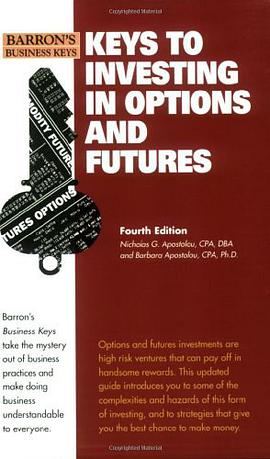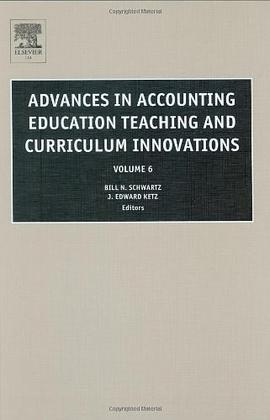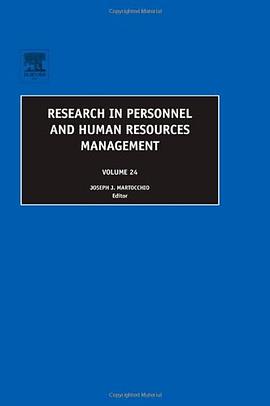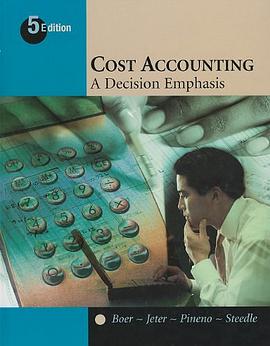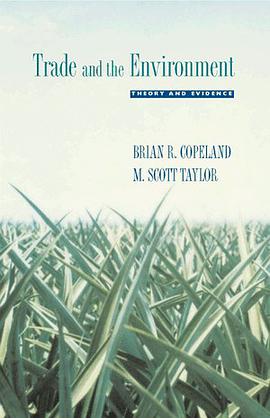

Nowhere has the divide between advocates and critics of globalization been more striking than in debates over free trade and the environment. And yet the literature on the subject is high on rhetoric and low on results. This book is the first to systematically investigate the subject using both economic theory and empirical analysis. Brian Copeland and Scott Taylor establish a powerful theoretical framework for examining the impact of international trade on local pollution levels, and use it to offer a uniquely integrated treatment of the links between economic growth, liberalized trade, and the environment. The results will surprise many.
The authors set out the two leading theories linking international trade to environmental outcomes, develop the empirical implications, and examine their validity using data on measured sulfur dioxide concentrations from over 100 cities worldwide during the period from 1971 to 1986.
The empirical results are provocative. For an average country in the sample, free trade is good for the environment. There is little evidence that developing countries will specialize in pollution-intensive products with further trade. In fact, the results suggest just the opposite: free trade will shift pollution-intensive goods production from poor countries with lax regulation to rich countries with tight regulation, thereby lowering world pollution. The results also suggest that pollution declines amid economic growth fueled by economy-wide technological progress but rises when growth is fueled by capital accumulation alone.
Lucidly argued and authoritatively written, this book will provide students and researchers of international trade and environmental economics a more reliable way of thinking about this contentious issue, and the methodological tools with which to do so.
Reviews:
"Copeland and Taylor have opened the way to a better dialogue between economists and environmentalists. Their book will surely take its place on the shelves of trade economists and environmentalists."--James Anderson, Journal of International Economics
"[A] well-written book. . . . As Copeland and Taylor make clear, there is a good deal of scope for additional research on the topic of trade and environment, and this book provides a great starting point for such research."--Josh Ederington, World Trade Review
"This book is systematically developed and well presented."--Richard N. Cooper, Environment
"This book takes 'trade and the environment' from toddling to a brisk walk and indicates that it has come of age as a subfield. . . . [It] strives, very successfully, to link its theory to empirical work."--Martin Richardson, Economic Record
Endorsements:
"This well-written book goes right to the jugular, presenting an integrated, coherent view of the 'trade and environment' issue. The authors, who are well known in the field, are right in not taking sides other than when opinions flow from logically consistent argument."--James Cassing, University of Pittsburgh
"This book provides a unified presentation of important themes relating to international trade and the environment. There is no team better qualified to write such a book, and there are no close substitutes to this book. Copeland and Taylor provide economic intuition where possible, and their mathematical derivations are detailed and easy to follow."--Larry Karp, University of California, Berkeley
具體描述
讀後感
用戶評價
相關圖書
本站所有內容均為互聯網搜索引擎提供的公開搜索信息,本站不存儲任何數據與內容,任何內容與數據均與本站無關,如有需要請聯繫相關搜索引擎包括但不限於百度,google,bing,sogou 等
© 2025 onlinetoolsland.com All Rights Reserved. 本本书屋 版权所有


